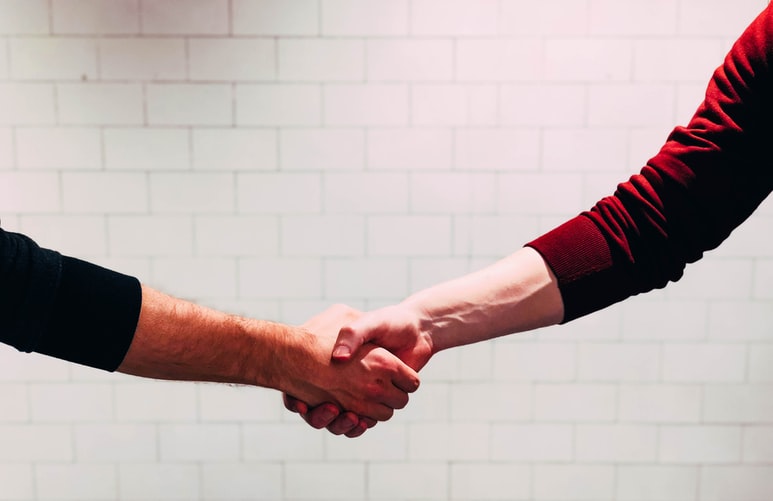Flu Takes The Top Spot As The Most Cited Reason For A Sick Day By UK Adults
3 Mins Read
Published on: 25 June 2021
Last Updated on: 15 November 2024

toc impalement
For many office workers, the thought of a sick day is shrouded in shame and stigma. While it could be thought that a global pandemic would encourage anyone feeling under the weather to call in sick, it seems this is not the case. Even following the COVID outbreak, employees are still hesitant to call in sick.
According to a recent study by instant print, even the questioning pattern and attitude towards calling in sick have changed since pre-Covid, more than a fifth (22%) admitted that it would “take a lot” for them to call in sick, even in the wake of a pandemic. 21% of the UK adults are even admitted that, since the start of the pandemic, they’ve been calling in sick less and are only doing so for a serious illness such as COVID.
Despite a pandemic, many workers would still much rather work through it than throw in the towel and admit they need a few sick days off.
What Is It About The Flu That Makes It The Top Reason For Sick Days?

It’s perhaps surprising to find out that the flu is cited as the illness that causes most employees to stay at home, especially given that a positive COVID-19 result will mean you are legally required to take at least ten sick days off work.
However, the medical professionals and doctors agreeing that the homestay option during the first three to four days after catching the virus is the safest way to prevent spreading when it comes to the point of preventing the viral infection. When the risk of contagion flu is at its highest peak, it is necessary for both the affected employees and their other colleagues.
This understanding that taking a sick day off is for the greater good of the rest of the company seems to have stuck. However, with the rise in home working, it’s surprising that the flu is still the top reason for calling in sick, given that many workers now have limited contact with colleagues, with 46.6% working from home.
What Is Considered A Good Reason For A Sick Day?

Even more outrageous still, when looking into reasons for calling in sick, COVID-19 was still not voted the number one reason to stay at home and take a sick day off.
When it came to valid reasons for missing a day of work, the flu came out on top, with two-thirds (64%) voting that as the best excuse to stay in bed. 53% of the employees are absent for the death of a family member and COVID-19 related to illness. This is the second-highest number on the list. Shockingly, 52% of those surveyed also felt that being hospitalized or in A&E wasn’t an acceptable excuse to call in sick either.
As new technology emerges and employees are expected to remain online at all hours, many workers are expected to function away from the office. As a result, presenteeism is on the rise. Presenteeism is when employees find their work is being affected by health problems – either mental or physical.
How To Break The Stigma Around Sick Days?

It’s become clear that presenteeism has real dangers to the workforce’s long-term health and the organization’s productivity.
One of the best ways to encourage employees to take time off if they need it is to set reasonable standards and trust employees to take a sick day off when they need it. By encouraging honesty as the best policy, businesses can ensure their staff feels comfortable taking a day off – without undue pressure to do the opposite.
Conclusion:
During the pandemic and when there is the chance of the highest casualty rate, a sick day off can save your whole office from this highly contagious disease. When you are testing positive with the covid 19 test, the organization should take the positive step to allow you to stay at home and work from home. This one deciduous is going to save the entire office and the further spreading of the virus.
Read Also:


















Comments Are Closed For This Article